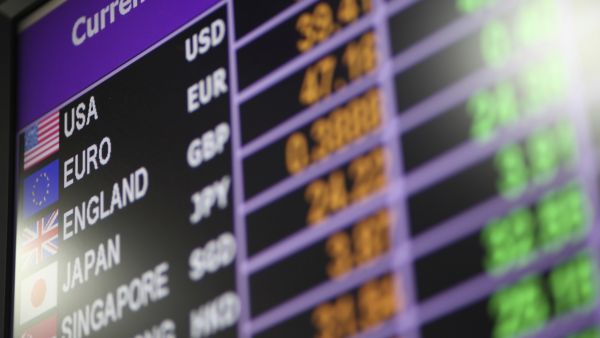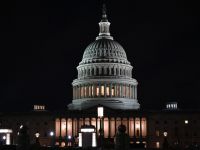Various currency exchange companies in the UAE are meeting with the central bank to discuss planned new capital requirements, amid concerns that they might reduce growth in the industry.
Dubai is the regional hub for foreign currency exchange, sending and accepting large monetary transfers from the Middle East, Asia and Europe. The central bank has been applying stricter rules for the industry in order to tackle money laundering and weed out weaker companies. Approximately 140 money exchange houses operate in the UAE, a country with a population of about 9 million people. New guidelines for minimum capital came into effect on Jan. 1.
The new rules stipulate that companies are required to hold $1.4 million if they offer remittance services. Firms handling wage payments must possess at least $2.7 million.
Another new rule regarding the opening of additional branches has caused confusion and has been delayed. The guideline stipulates that paid-up capital of exchange houses should be raised by 10 percent for the opening of each additional branch.
The chairman of the Foreign Exchange and Remittance Group, Osama Al-Rahma, said the group was seeking clarification from the regulator on whether the 10 percent increase was based on an exchange house's capital under the previous rules or under the new requirements.
"We need a balance between the growth in the number of branches which has to take place and the capital requirements, so that we allow business to grow and at the same time don't burden the business with unnecessary financial requirements," he said in an interview.
A central bank spokesman have not offered any comments on the concerns and confusion regarding the new rules.
However, the central bank sent a circular to exchange houses which stated it had decided to postpone implementation of the new capital requirements related to additional branches until the end of the second quarter of 2016.








